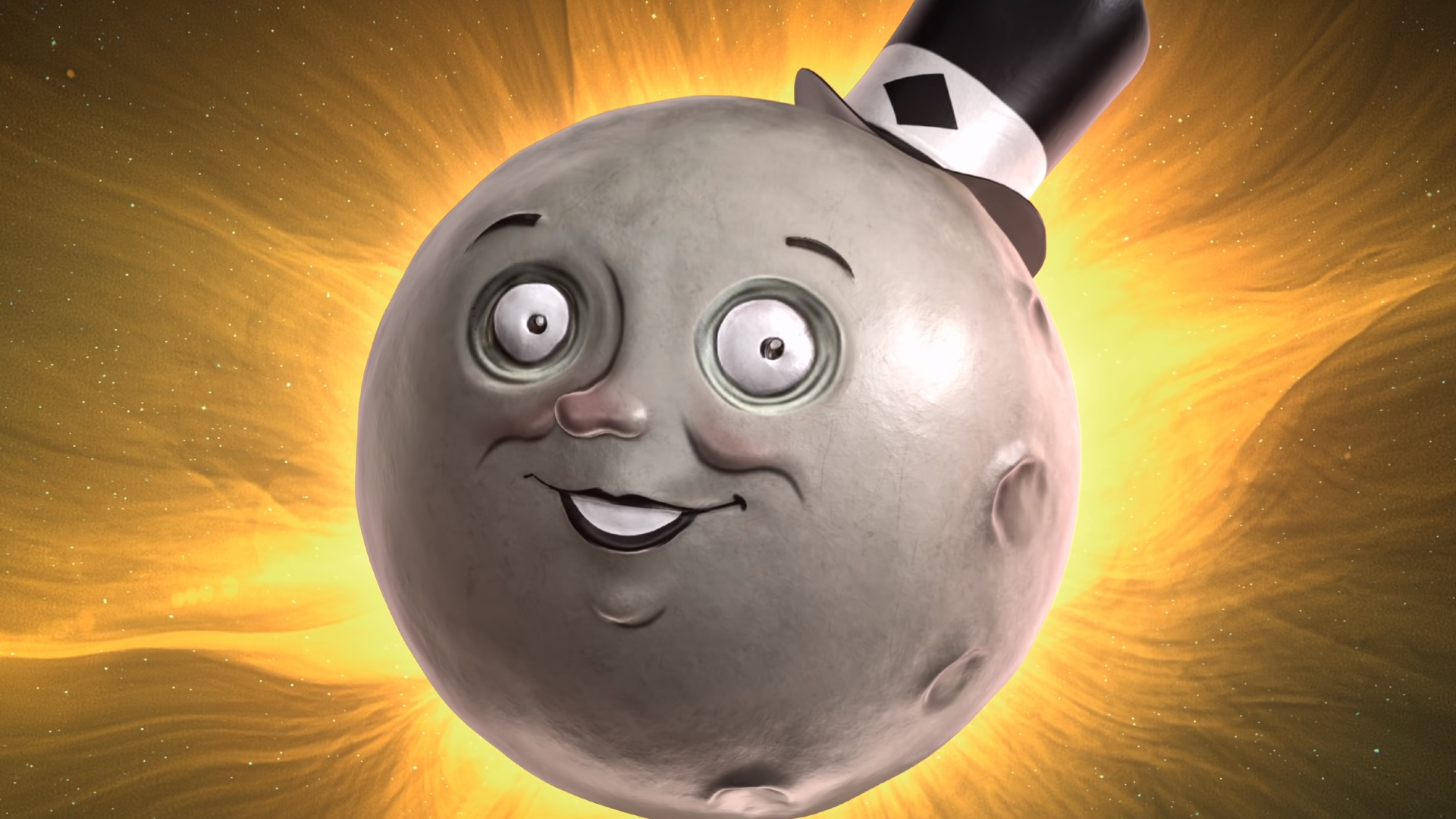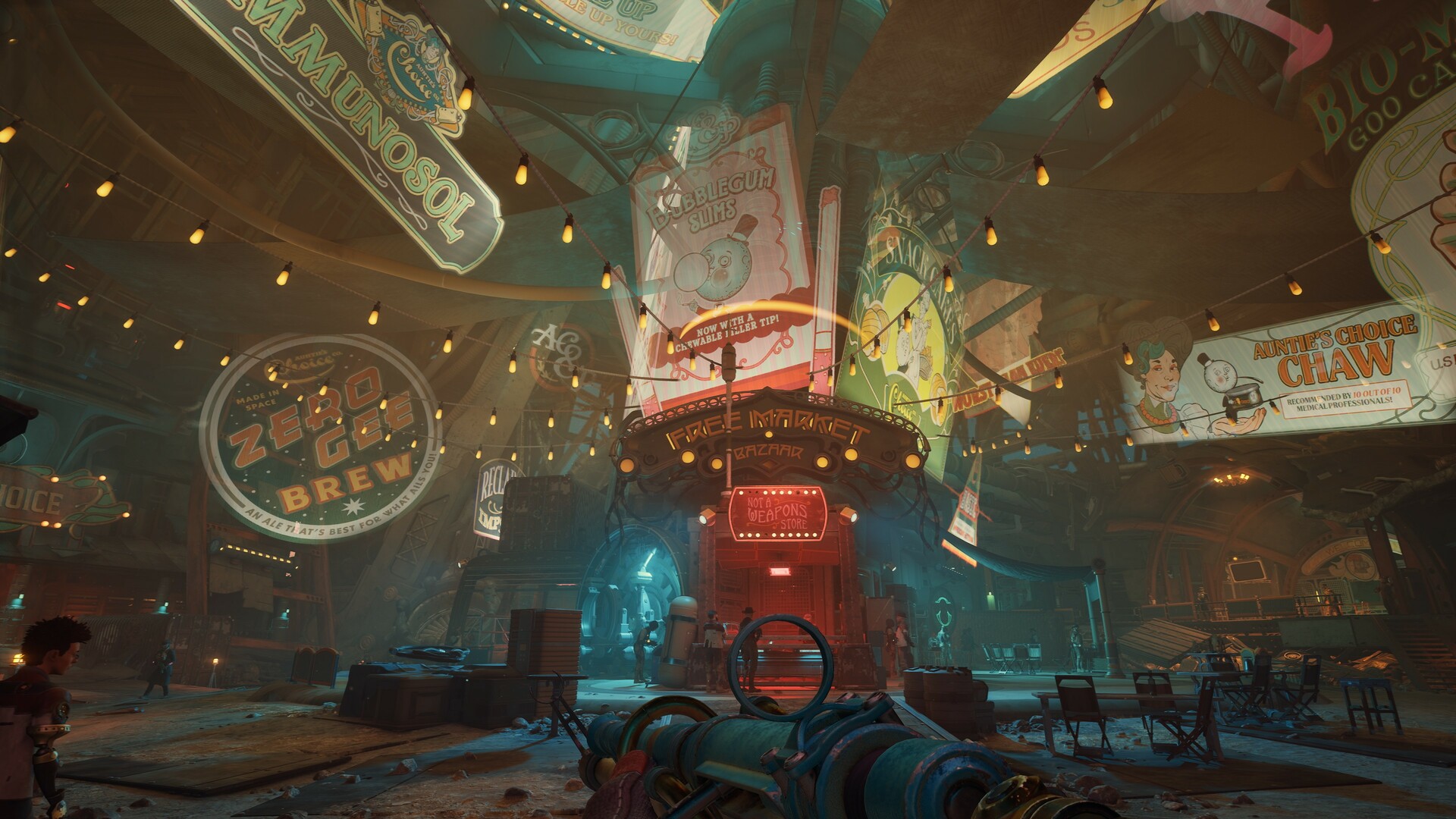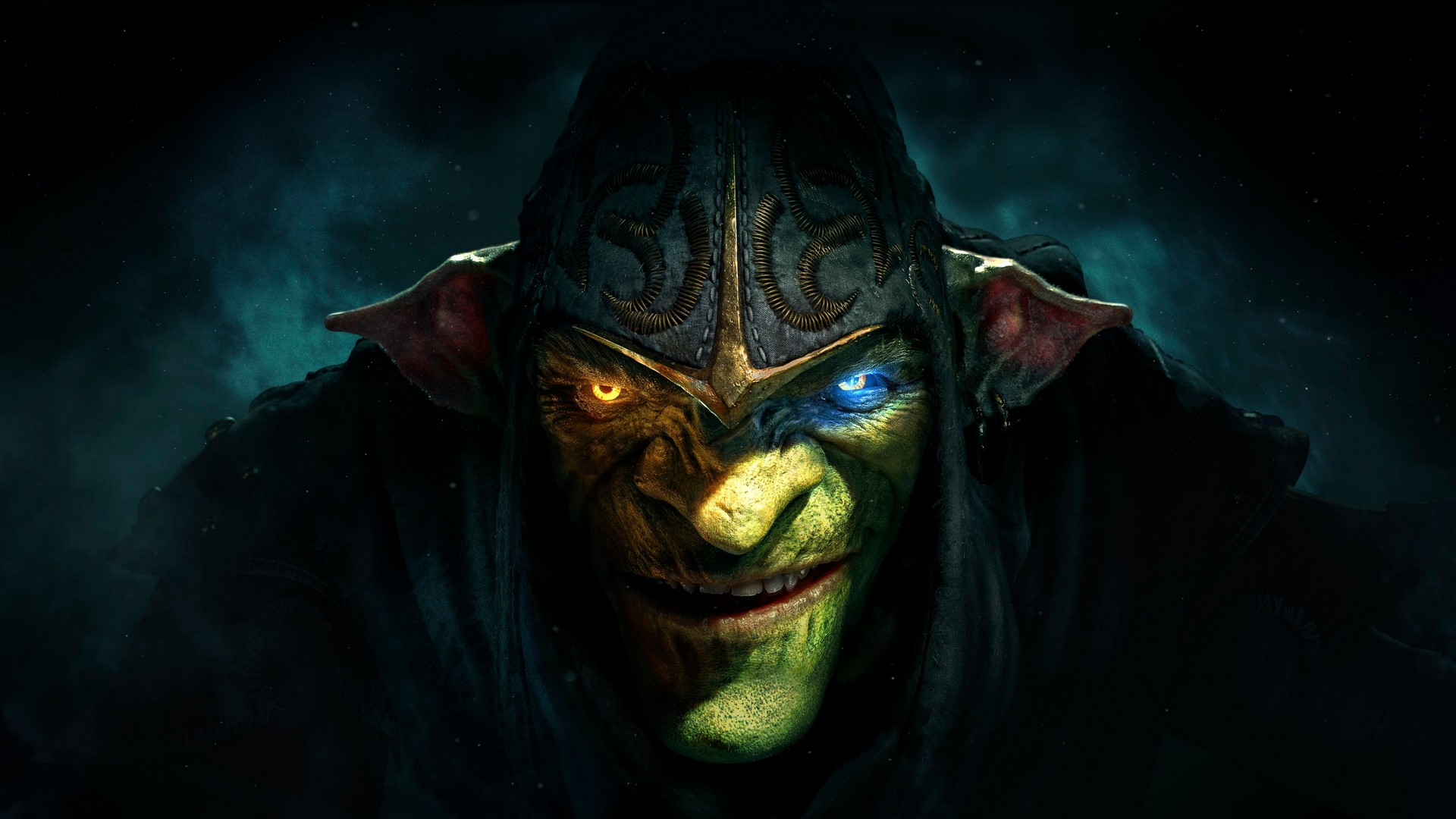The Outer Worlds 2 director doesn't want games to be "preachy," but the RPG's capitalist satire strikes a nerve "because this thing happens all the damn time, and we're just seeing it over and over on a loop"
"I'll say, to Microsoft's benefit, or to kind of put them in a good light here, they didn't ever say anything to us"

Weekly digests, tales from the communities you love, and more
You are now subscribed
Your newsletter sign-up was successful
Want to add more newsletters?

Every Friday
GamesRadar+
Your weekly update on everything you could ever want to know about the games you already love, games we know you're going to love in the near future, and tales from the communities that surround them.

Every Thursday
GTA 6 O'clock
Our special GTA 6 newsletter, with breaking news, insider info, and rumor analysis from the award-winning GTA 6 O'clock experts.

Every Friday
Knowledge
From the creators of Edge: A weekly videogame industry newsletter with analysis from expert writers, guidance from professionals, and insight into what's on the horizon.

Every Thursday
The Setup
Hardware nerds unite, sign up to our free tech newsletter for a weekly digest of the hottest new tech, the latest gadgets on the test bench, and much more.

Every Wednesday
Switch 2 Spotlight
Sign up to our new Switch 2 newsletter, where we bring you the latest talking points on Nintendo's new console each week, bring you up to date on the news, and recommend what games to play.

Every Saturday
The Watchlist
Subscribe for a weekly digest of the movie and TV news that matters, direct to your inbox. From first-look trailers, interviews, reviews and explainers, we've got you covered.

Once a month
SFX
Get sneak previews, exclusive competitions and details of special events each month!
Much has been made of the fact that the capitalist satire of The Outer Worlds 2 was published by Microsoft, itself one of the biggest and most influential corporations in the world. Game director Brandon Adler says there was never any conflict between developer Obsidian and the higher-ups at Microsoft, and adds that the RPG is not really meant to be a critique of this particular moment in history, either.
"I'll say, to Microsoft's benefit, or to kind of put them in a good light here, they didn't ever say anything to us. They never once said, 'you can't say that,'" Adler explains on a new episode of the My Perfect Console podcast. He adds that Microsoft "literally never once" asked to "review what we were going to do," and were generally "pretty chill" about the whole game.
"Maybe if we went too far later on, they would have said something," Adler continues. "I don't know if we actually did. We didn't take any direct shots at them. Maybe that's why things were fine."
Adler has previously noted that the devs "think it's funny" to be making an RPG about evil mega-corporations with Microsoft as their owner, but as he explains in this podcast appearance, Obsidian never really intended to make a direct critique of capitalism itself or any specific company here in 2025. Adler says that's something creative director Leonard Boyarsky was keen on.
"One of the things that [Boyarsky] talks about a lot is we're not necessarily timely when we're taking these things on. We're not going out of our way and saying, 'let's do a critique of capitalism currently, as we see it,'" Adler explains
"In general what we like to do, especially for The Outer Worlds, is a critique on the power structures of various things, but more the people in power and how they abuse the people that don't have that power. Looking at, for example, corporations taken to the extreme – what does that actually mean? How are they exploiting their workers, but also, how are they also exploiting the consumers in various ways to try to get ahead? How far can they push those things? And then, again, looking at that in an absurdist lens, where people in that world think that that's totally normal and it's totally fine, and you on the outside are like, 'What the hell is going on here?' That's where that humor comes."

Besides the megacorps, The Outer Worlds 2 also features factions like the authoritarian Protectorate and the religious science worshippers of The Order of the Ascendant. "Whether that's a critique on everything current, I'll say that, again, we don't really try to aim at that," Adler says. "But these are problems that have existed forever, and I think that's why people think that…no matter when we're doing this, they're like, 'Oh, you're talking about this thing that's happening right now.' And it's like, well, it's just because this thing happens all the damn time, and we're just seeing it over and over on a loop in some respects."
Weekly digests, tales from the communities you love, and more
Adler says that the team designed the The Outer Worlds 2 factions to try and explore what those philosophies would look like fully laid out, with all the positive and negative consequences laid out passionlessly so players can come to their own conclusions.
"I don't like, necessarily, for video games to come off as preachy," Adler says, "but I do like to present scenarios and let people make their own decisions as to what they think about that. Which, again, was why I think there's some people that say, you know, even the first game, 'it's very anti-capitalist,' and then I've also seen some people flip it around and say, 'no, no, no, no, no, it's actually anti-communist, and here's why.' So they argue with each other as to what we truly intended, and the real answer is, we are presenting a scenario, and we are showing how we think that this would play out, and we're showing the positives and negatives of those things. Really, you need to make your own decision as to how you feel about that."

Dustin Bailey joined the GamesRadar team as a Staff Writer in May 2022, and is currently based in Missouri. He's been covering games (with occasional dalliances in the worlds of anime and pro wrestling) since 2015, first as a freelancer, then as a news writer at PCGamesN for nearly five years. His love for games was sparked somewhere between Metal Gear Solid 2 and Knights of the Old Republic, and these days you can usually find him splitting his entertainment time between retro gaming, the latest big action-adventure title, or a long haul in American Truck Simulator.
You must confirm your public display name before commenting
Please logout and then login again, you will then be prompted to enter your display name.


